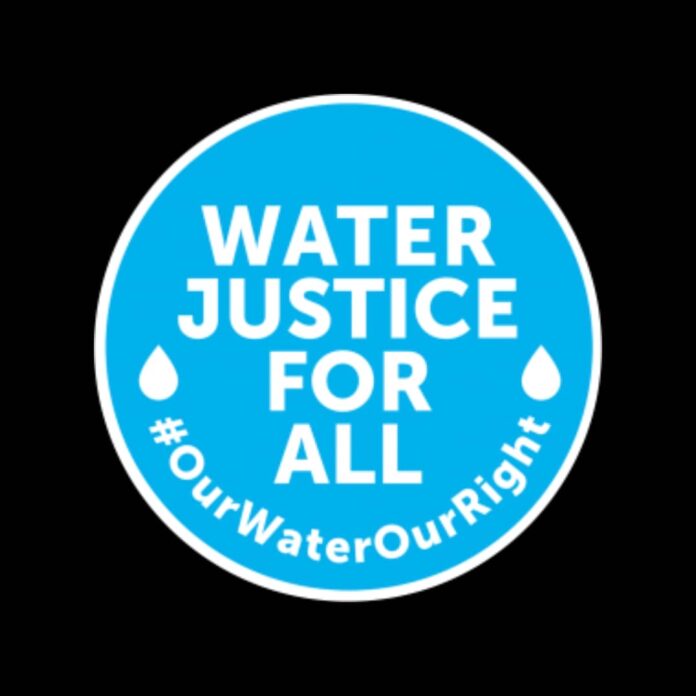The Our Water Our Right Africa Coalition (OWORAC) is urgently calling on the Ghanaian government to take decisive action against the pollution of water sources caused by illegal mining, known locally as galamsey.
This appeal comes in the wake of widespread protests from communities affected by the severe impact of galamsey on public health, aquatic life, and agriculture.
In a recent statement, OWORAC emphasized that access to clean drinking water is a fundamental human right and urged the government to declare a state of emergency regarding mining activities near water bodies.
The coalition highlighted the alarming use of toxic chemicals like mercury and cyanide in illegal mining operations, which have contaminated vital rivers such as the Densu, Birim, and Pra. These rivers, once crucial for local communities, have become unsafe for consumption, jeopardizing the livelihoods of farmers who depend on them.
Investigations have established troubling links between illegal mining and health problems, particularly reproductive issues among pregnant women exposed to heavy metals. Reports indicate that some of these women have shown signs of congenital disabilities in their newborns.
The situation has reached a critical point, with the Ghana Water Company Limited (GWCL) shutting down several water treatment plants due to pollution, leading to increased water scarcity and rising tariffs for residents.
Despite the alarming circumstances, the government’s response has been characterized by repression rather than resolution. Protesters demanding action against galamsey have faced arrests and harsh treatment from security forces. OWORAC condemned these oppressive measures, calling for accountability from officials and expressing concern over a lack of political will to address the crisis, particularly as elections approach.
The coalition insists that immediate remediation of affected water bodies and lands is essential, alongside the enforcement of stringent regulations that would compel mining operations to adopt sustainable practices.
OWORAC’s members stress that these actions are vital for safeguarding the health and well-being of Ghanaian communities and ensuring their right to clean water.








